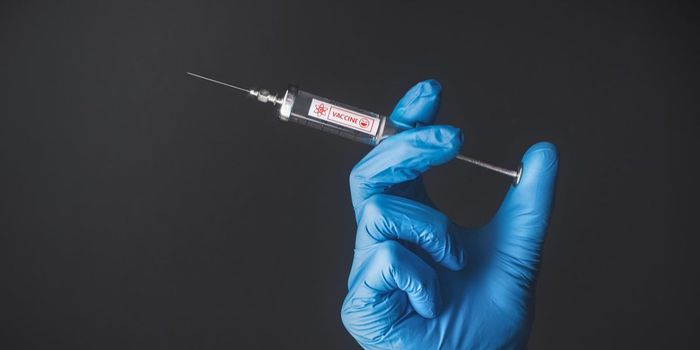Why Larry King Says He's 'Lucky' in Lung Cancer Diagnosis
Larry King, the famed talk show host, recently revealed his diagnosis of Stage 1 lung cancer. King then underwent surgery to remove the cancerous tissue. While he kept the whole ordeal under wraps last month, King is now speaking out about the power of routine screenings, and says this simple action may have saved his life.
When the broadcasting legend, now 83, went in for a routine checkup in mid-July, he didn’t have any reason to suspect cancer. In fact, because of his health history, checkups have become one of his yearly tasks.
“I have a checkup every year. I’ve gone through a lot in my life — I’ve had a heart attack and heart surgery. Part of my checkup is the chest X-ray, and that is the protocol,” explained King. “I do it every year ... it was always normal. Then the doctor says, ‘I see a little spot here.”
That little spot turned out to be cancer that was undoubtedly tied to his 3-pack-a-day smoking history.
"I smoked for 30 years. The day of the heart attack, I never smoked again, and I smoked three packs a day — I smoked in the shower ... Thirty years later, I said to the doctor, 'Is this connected with that?' Absolutely,” King said with candor.
Lung cancer is the second most common form of cancer in both men and women. The disease is divided into three types: Non-small cell lung cancer, which makes up about 85 percent of cases; small cell lung cancer, which makes up 10-15 percent and has a tendency to metastasize; and, lung carcinoid tumor, which is most rare and slow-growing. Most notably, the risk of developing lung cancer is highly influenced by smoking, with 90 percent of cases due to tobacco use.
But because of the routine checkup, King’s cancer was caught in an early stage and swiftly treated. He had surgery on July 18 to remove the cancerous growth that did prove to be malignant.
“For me it was lucky. They took it out. Now I have to get chest X-rays every six months," King told The News. “I feel like I had cancer for a minute. It wasn’t really a battle.”
What contributes to lung cancer’s deadliness is its ability to go undetected. In the early stages, most patients are asymptomatic, showing little to no signs of the cancer’s presence. Only after the disease has advanced do patients report symptoms, such as difficulty breathing, blood in mucus, and other respiratory abnormalities. As such, lung cancer is the leading cause of cancer-related death in the US.
The ordeal highlights the power of a simple routine screening. “I had no clue at all," he said. "If I had not had the chest X-ray, it would have progressed,” King explained. Based on these experiences, King hopes going public will encourage others to also get their annual checkups.
Additional sources: USA Today









